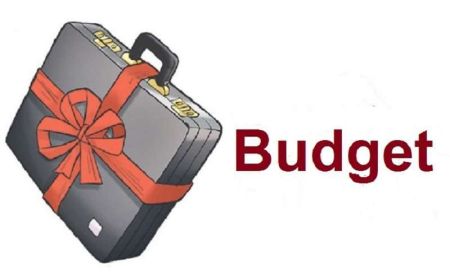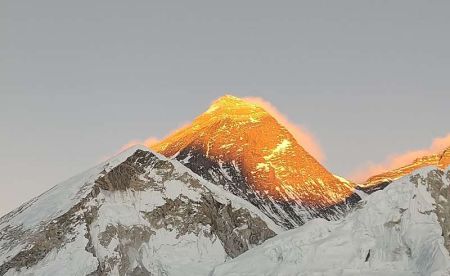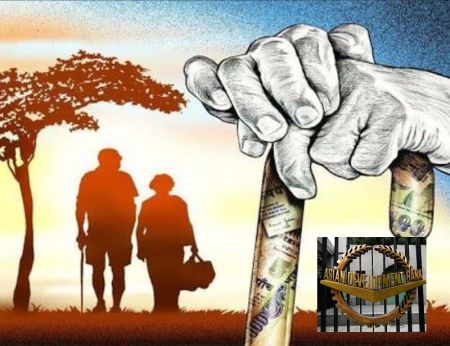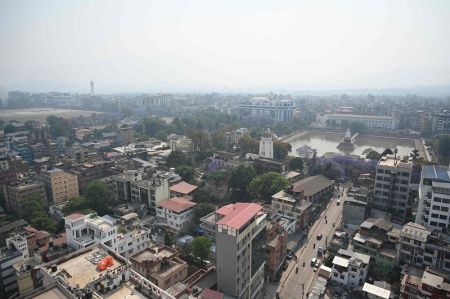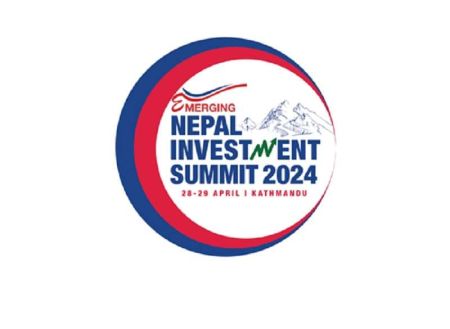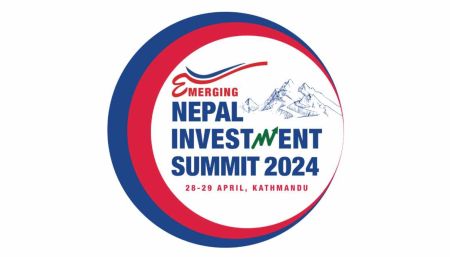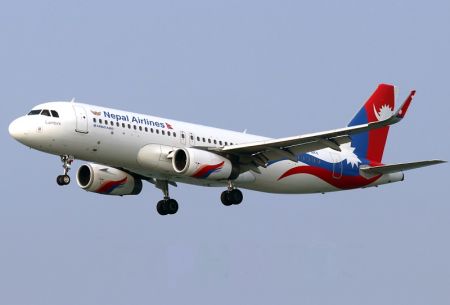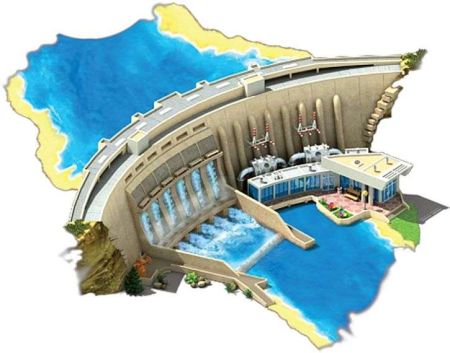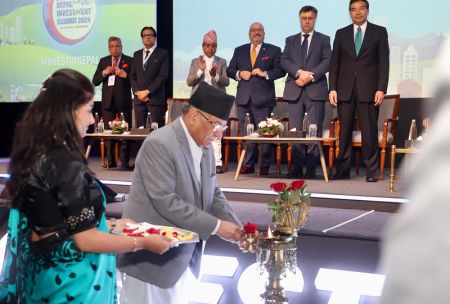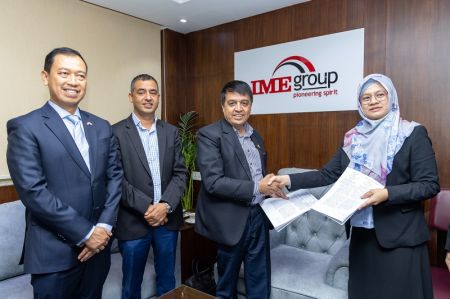
--By Sujan Dhungana and Sushila Budhathoki
Norway has been supporting different projects in Nepal through different NGOs and bilateral organization since 1960s.
Nepal established diplomatic relations with Norway, a constitutional monarchy in Northern Europe on January 26, 1973. Norway, opened a residential embassy in Kathmandu in January 2000. The Nepali Embassy in Copenhagen, Denmark, oversees the diplomatic activities with Norway as well because Nepal does not have a residential embassy there.
With a population of five million inhabitants, Norway is one of the five countries comprising the Nordic Region while it remains outside the European Union. An increasing demand for a wide range of quality imported goods and services of all kinds make it the right country for exportable products and quality services. Norway, a modern and highly developed country, has a strong and stable economy. It has achieved enviable progress in human development. According to the UNDP’s Report in 2010, Norway heads the group of 42 very high human development countries being world’s first country in terms of human development. Norway also has the second highest GNP per capita in the world (USD 55,600) in terms of purchasing power parity.
Norway’s economy is essentially based on the exploitation of its natural resources, mainly oil, gas, hydroelectric power, forests and minerals. Oil production dominates the economy, accounting for nearly a quarter of the GNP. Norway is also a major producer and exporter of natural gas. The service sector in Norway is also a highly developed one. Norway’s agriculture contributes to about 2% of the GNP and fishery is a major activity, making Norway the biggest exporter of fish in the world.
Visit exchanges
The number of visits at different levels from both sides depicts the increasing interests between Norway and Nepal and has helped in strengthening the relationship between the two countries. Prime Minister Jens Stoltenberg paid a one-day visit to Nepal on February 8, 2008. Foreign Minister, Knut Vollebaek, also visited Nepal in January 2000. Similarly, in June 2012, Minister for International Development, Heikki Holmas, visited the country and the Minister for Environment and Development, Erik Solheim, paid a visit in January 2012. Earlier, he had visited Nepal twice in different ministerial capacities.
The then Prime Minister, Pushpa Kamal Dahal, paid an official visit to Norway in March 2009 and Upendra Yadav, Minister for Foreign Affairs, participated in the International Conference entitled “Melting Ice – Regional Dramas, Global Wake-up Call” in April in the same year. Earlier, the then Minister for Foreign Affairs, Chakra Prasad Bastola, also travelled to Norway in September 2000 responding to an invitation of the Norwegian Foreign Minister.
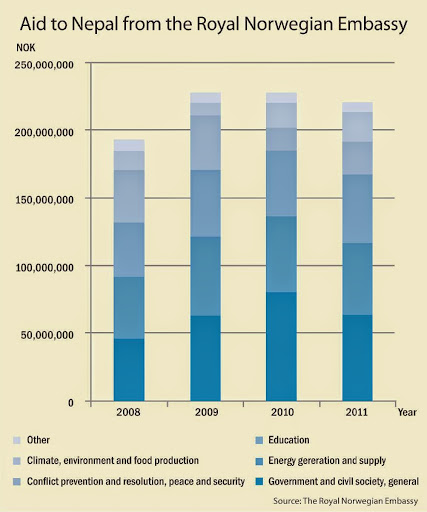 Norway’s support
Norway’s support
Norway has been voluntarily supporting different projects in Nepal through different NGO’s and bilateral organization since 1960s. The country has regularly provided aid to different sectors in Nepal and has supported different development projects. Some of the sectors covered by Norwegian aid are climate, environment and food production, conflict prevention and resolution and peace and security. There are other sectors also subsidized by Norway such as education, energy generation and supply, government and civil society, among others. The aid from Norway to Nepal is consistent since 2009 (See graph).
The Government of Norway has provided NOK 30.6 million for Nepal Peace Trust Fund. This country is also taking the initiative on the third country resettlement of Bhutanese refugees. According to the Ministry of Foreign Affairs Nepal, Norwegian firms have invested Rs. 1135 million in 12 various projects in Nepal, which have generated 726 employment opportunities until July 2012. Norway also supports Nepal through UN agencies, good governance and private sector development, focused on hydropower and electrification. It is also supporting Rural Renewable Energy and Development through Energy Sector Assistance Program (ESAP), which has provided significant results in terms of improving cooking stoves and rural electrification (solar home systems and micro hydro). Regarding the academic field, Norway offers NORAD (Norwegian Agency for Development Cooperation) annual fellowships to Nepali students in different fields of studies.
 Cooperation
Cooperation
The cooperation between the two governments started with the signing of a memorandum of understanding (MoU) in 1996. According to Royal Norwegian Embassy, the cooperation is based on shared dedication to achieve the Millennium Development Goals (MDGs). Norway has been prioritizing key areas of cooperation in four sectors, namely peace building, democracy and inclusive governance, education and energy. There are cross- cutting issues like peace and human rights, environment, gender and equality and anti-corruption for all projects .
Norway has been a key partner to Nepal in exploiting hydropower resources. The country has a number of cooperation in the hydro power sector in Nepal. Some of them are Himal Hydro and General Construction Company, Butwal Power Company, Himal Power Ltd, National Hydro Power Co. and Nepal Hydro and Electric Pvt. Ltd. According to the Royal Norwegian Embassy, Norway is currently focusing in three thematic areas, namely accelerated hydro power development, rural renewable energy and development and technical energy research in energy sector.
Norway is also interested in supporting Nepal when conducting a feasibility study of different large scale projects. The Royal Norwegian Embassy in Nepal is currently working on developing new plans to support Nepal regarding energy sector; the Norwegian mission in Nepal has posted on its website. Moreover, with the 60 per cent financial contribution from NORAD, Turbine Testing Lab of Kathmandu University is running a three- year project which started in August 2010. According to Kathmandu University, the project would give a platform and foundation for associated professional parties to come together and create a turbine manufacturer in Nepal.
Trade and Tourism

The agreement on avoidance of double taxation with Norway, signed in 1996, has been regarded as one of the reasons behind the growing trade between both countries. The trade figure of TEPC (Trade and Export Promotion Center) shows the growing trade both in imports and exports between the two countries. Nepal exported goods worth Rs 41.37 billion in 2009. In 2012 it was Rs 52 billion. Similarly, it imported goods worth Rs 22.52 billion and Rs 96 billion in the year 2009 and 2012 respectively. Thus Nepal had a trade surplus in 2009 and 2010, but in the recent years Nepal has a trade deficit.
Norway is the first country to register Nepali Pashmina products. Nepal mainly exports products such as paperboard, articles of paper pulp, coffee, tea, essential oils, cosmetics or toilet preparations, ceramic products and carpets among others. The imports from Norway are comprised of products like fish and crustaceans, aluminum, rubber, boilers, machinery or mechanical appliances. The flow of Norwegian tourists visiting Nepal is also rising. According to the data provided by the Ministry of Foreign Affairs, Norwegians are among major tourists visiting Nepal.
‘Investment Friendly Environment is Needed to Attract Foreign Investors’
---ALF ARNE RAMSLIEN,Ambassador,The Royal Norwegian Embassy, Nepal
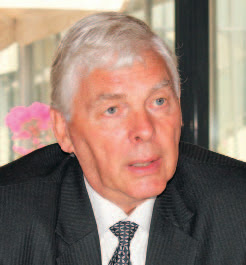
How has your experience in Nepal been?
I have been very delighted by coming to Nepal and have felt much welcomed. Coming to Nepal has been a very special experience and I regard Nepalis second only to Norwegians personally. I have spent over 20 years in this sub continent and I really appreciate Nepali people.
Nepal’s political situation is in transition period. What are your comments on this?
I am very much pleased that political parties are slowly moving ahead. I believe that we should have great respect for complexity of things. It has also been recognized that Nepal’s peace process stands to be one of the most successful peace processes ever in the world. Moreover, it has been demonstrated that not a single bullet has been fired after the peace process. The important thing is that the Maoist commanders are now being integrated in the Nepali Army. These factors show that Nepal’s politics is moving to a brighter side.
So, how do you assess Nepal’s economic situation?
We have to regret the fact that Nepal’s potential for economic development has not been tapped. Nepal has tremendous potential, basically linked to the hydropower energy areas. Hydropower is, in fact, the backbone of Nepal’s future, both socially and economically. Only 0.4 percent of the total commercial resources of hydropower have been tapped properly. The irony is that over 100 years have been spent in harnessing only 0.4 percent of the total capacity.
Hydropower is one of the areas Norwegian government has been focusing on in Nepal. What is your assessment of effectiveness of such aid?
It is a fact that we have kept hydropower as our top agenda here in Nepal and it is because the sector has core potential in the country. We are supporting the government here in building up the competence. The largest percent of hydropower related human resources in Nepal are educated in Norway. Similarly, we have extensive institutional cooperation between institutions related to electricity. In order to redefine and grasp the potentiality of different river sources, regarding the generation of electricity, various researches and programmes are being initiated by Norway. We also have a policy that supports the government in selling up transmission lines. For instance, we have invested in the transmission line from Upper Tamakoshi to Kathmandu, which is still an ongoing process. However, we are hoping to have a good development of investment-friendly environment in Nepal, so that foreign investors are attracted. Moreover, SN Power, a Norwegian company, is here in Nepal to invest in hydro and dialogue with the government is going on. They have shown keen interest in Tamakoshi-3 project.
What reasons do you find behind Nepal’s inability to meet its potentiality in energy?
The reason to be highlighted is the lack of proper investment environment for the private sector in the past. There has been no direct investment from government itself to invest a huge amount in the energy sector. However, it is a good thing that now the investment in energy sector has been made open for the private sector. The next thing required is a reform in the responsible institutions. NEA, being a largest body, should be reformed and it has to be effective as the responsible authority.
What is the annual investment of Norway in Nepal?
Investors are the private companies like SN Power. We are here to facilitate the people through grant basis. We are here to help stimulating processes and projects in coordination with the government. The budget spent is around 20 million US dollar. However, this is not the investment.
What are the other concerned areas of Norway in Nepal, besides energy?
We pay high attention to the education sector of Nepal. We conduct various educational reform programmes. I would also personally give tribute to the educational success that Nepal has achieved. The whole world has recognized the achievement. According to the figure, almost 95 percent of the children are now attending school in Nepal. Beside this, good governance is also one of our core areas.







